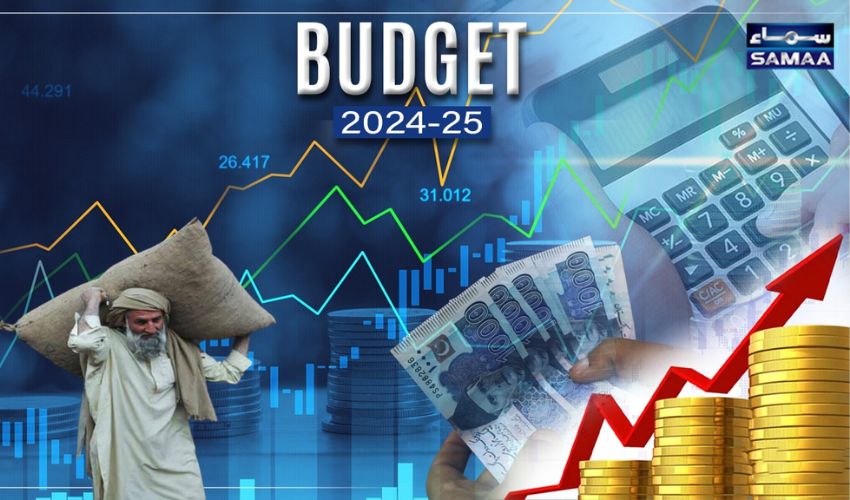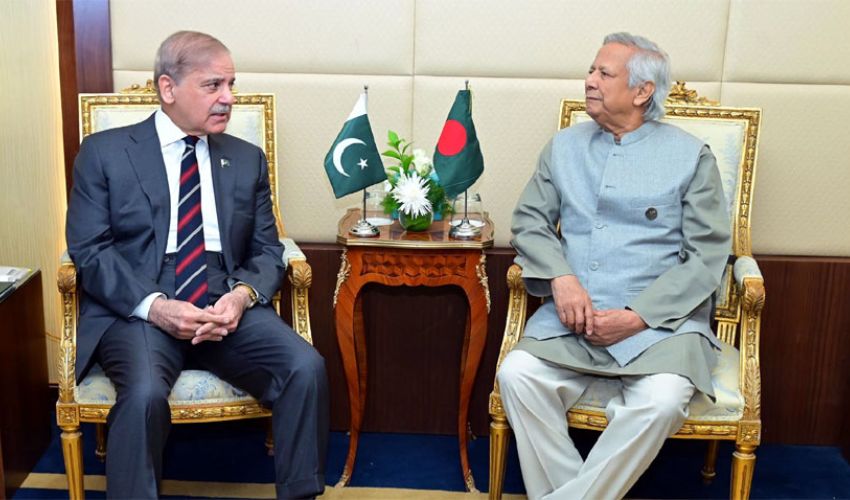Federal Finance Minister Muhammad Aurangzeb is set to present the highly anticipated federal budget for the fiscal year 2024-25 in the National Assembly today. The proposed budget stands at approximately Rs18,900 billion, aiming to address various economic challenges while fostering growth and stability.
Tax Revenue Targets:
The Federal Board of Revenue (FBR) has set an ambitious tax collection target of Rs12,970 billion.
Salaries and Pensions:
Government employees can expect a 10 to 15 percent increase in their salaries and pensions. The increment is anticipated to provide significant relief, especially to lower-grade employees.
BISP and Social Welfare:
The budget proposes an increase in the number of beneficiaries under the Benazir Income Support Programme (BISP) and an enhancement in the stipend amounts, aiming to support the most vulnerable segments of society.
Defense and Security:
An allocation of Rs2,100 billion has been proposed for the defense sector to ensure national security and support the armed forces.
Financial Deficit and Debt Servicing:
The budget outlines a financial deficit of 9,800 billion rupees. Additionally, Rs9,700 billion has been allocated for interest payments on existing debt, reflecting the government's commitment to managing its financial obligations.
Additional Taxes and IMF Demands:
To meet the International Monetary Fund (IMF) requirements, the budget introduces several additional taxes. This includes potential increases in the prices of old imported vehicles, imported mobile phones, and cigarettes.
Cost of Living Adjustments:
Imported food items, baby milk, medicines, and stationery are expected to become more expensive due to the proposed elimination of sales tax exemptions on thousands of goods.
Agricultural implements, tractors, fertilizers, and seeds may also see price hikes, affecting the agriculture sector.
General Sales Tax (GST) Increase:
The GST rate is proposed to increase from 18% to 19%, which is expected to generate an additional 100 billion rupees in revenue.
Petroleum Development Levy:
The levy on petroleum products is proposed to rise from Rs. 60 to Rs. 80 per litre, potentially increasing fuel prices across the country.
The new budget aims to balance fiscal responsibility with social welfare, though the introduction of new taxes and reduction of exemptions may lead to higher costs for consumers.
As the budget proposals are debated in the National Assembly, the government will need to navigate the challenges of satisfying IMF conditions while ensuring economic relief for its citizens.



























